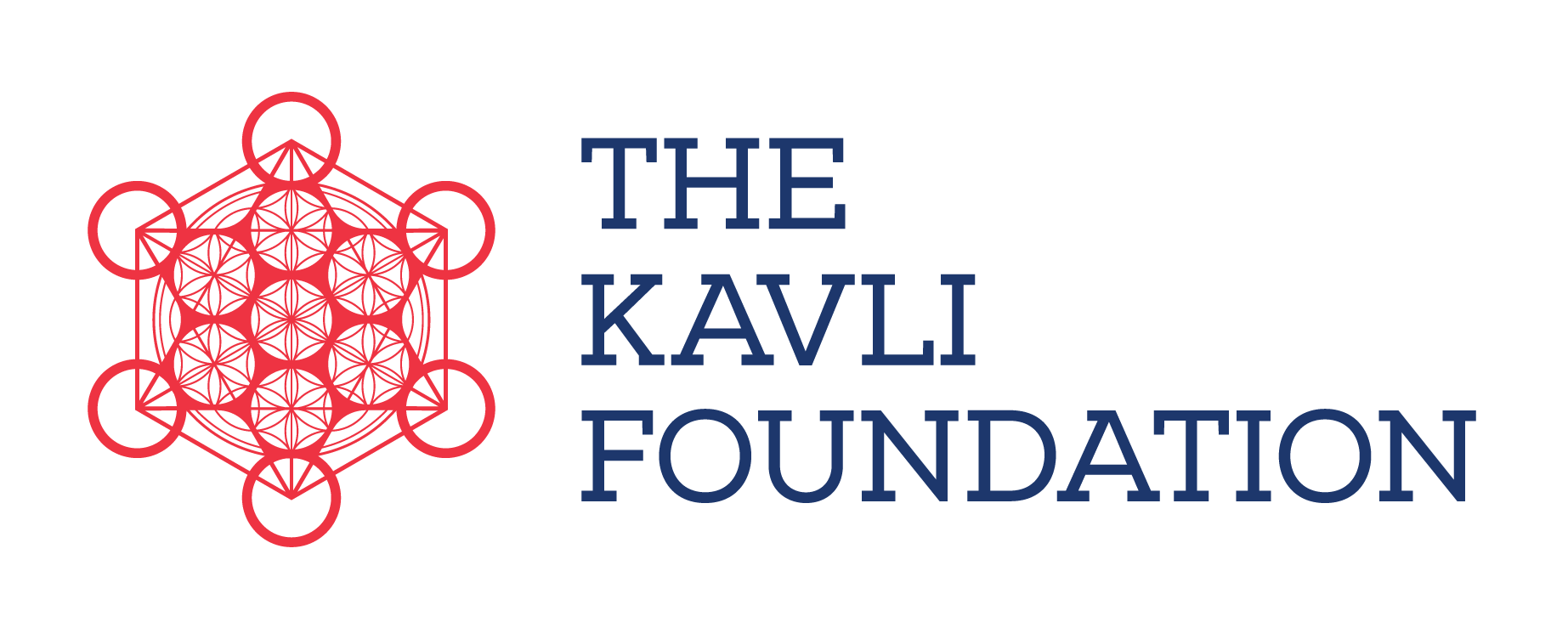Kashiwa –– Japan, Nov 24, 2009
Faced with the prospect of significant reductions in science funding by Japan’s central government, leading scientists have expressed concern about the effect on the nation’s nascent science globalization effort.
“Just two years ago, with great fanfare, the Japanese government announced its intention to globalize our nation’s science,” said Professor Hitoshi Murayama, MacAdams Professor of Physics at University of California at Berkeley and the founding director of the Institute for the Physics and Mathematics of the Universe at the University of Tokyo in Kashiwa. “Now it is reversing its policy to significantly reduce or cancel much of its globalization effort in science.”
Launched on October 1, 2007, Japan’s World Premier International Research Center Initiative program, or WPI, created five new international centers for scientific research in Japan. The centers are mandated to employ at least 30 percent non-Japanese scientists, use English as their official language, promote interdisciplinary research, and break down the language and cultural barriers between Japanese and worldwide scientific communities.
Now, budget cuts proposed by Japan’s new federal government, which took office in September, are poised to make steep reductions in support for Japanese scientific research, including the WPI. A newly instituted “Government Revitalization Unit” has begun public hearings to review more than 400 government-funded research programs. A committee consisting of politicians, industrialists and a small number of academics judge the effectiveness of each program and recommend either termination or reduction in funding by a half or a third.
“The Minister of Finance has announced that the Ministry will take very seriously the recommendations of this committee, which consists mostly of nonscientists,” Murayama said. The committee has already recommended significant reductions in funding for programs that include support for young scientists, female scientists, interdisciplinary research centers, and non-Japanese scientists at WPI centers.
“With the reduction by 30 to 50 percent, or in some cases complete and abrupt terminations,” Murayama said, “the government will be sending talented scientists onto the street. And the cuts won’t stop with WPI. More discussions on significant cuts are apparently on their way.”
The WPI program has attracted significant attention from scientists and governments worldwide. Already 41 out of 72 full-time scientific members of IPMU are foreign citizens. Within its scant two years of operation, IPMU scientists have been recognized by 10 prizes and awards, and are involved in many new projects to investigate the nature of dark matter and dark energy.
From a (date) article in the US journal Physics Today: “Japan aims to internationalize its science enterprise. Money and bows to other cultures… are cultivating good science and attracting leading scientists.”
Theoretical physicist Michael Peskin of the US’s SLAC Linear Accelerator Center agreed. “The Institute for the Physics and Mathematics of the Universe is a strong institute in this field by any world standard,” Peskin said. ”Because of the way it is organized, it is able to play a role in the world theoretical physics community that is truly unique.”
Princeton University astronomer Michael Strauss concurred. “The IPMU has been open for only a few years,” Strauss said, “but in that time it has quickly grown to become one of the most prominent research institutions in Japan and, indeed, the world.”
Professor Toshio Kuroki, program director of WPI and former President of Gifu University, expressed alarm at the consequences of the proposed reductions for the nation’s scientific enterprise.
"We have to go on an all-out campaign to defend our nation’s scientific leadership,” Kuroki said. “Japan has always supported world-leading science as a matter of national pride. We have had spectacular results, as evidenced by four Nobel Prizes in the last year. The current administration must keep the commitments to strong support for science that they made during the election."
Murayama also voiced fears about the effects of the proposed cuts on Japan’s global scientific standing.
“Given the global nature of particle physics and cosmology research,” he said, “I worry about an avalanche effect in other countries. Science is a global enterprise, and the current recommendations hurt the reputation of Japan as a stable supporter of science and a conscientious partner in international collaborations."
University of California astrophysicist George Smoot, a 2006 Nobel laureate in physics, says “If Japan ends up laying off non-Japanese scientists from WPI centers or elsewhere due to lack of funding, it will send a strong message to the worldwide science community that Japan is no longer a trustworthy partner. “
The Japanese Ministry of Education is soliciting input from the worldwide scientific community about the committee's recommendations.
Messages addressed to
nak-got_at_mext.go.jp
will reach Senior Vice Minister Masaharu Nakagawa and Vice Minister Hitoshi Goto.
Concerning the WPI program, the subject line should read “No. 14, WPI”
The subject line allows them to track different programs; the WPI program is the 14th item on their list.
For other programs recommended for cancellation or reduction, see (only in Japanese)
http://www.mext.go.jp/a_menu/kaikei/sassin/1286925.htm
Related resources:
http://www.jsps.go.jp/english/e-toplevel/index.html
http://ptonline.aip.org/journals/doc/PHTOAD-home/pt_login.jsp?fl=f
http://www.nature.com/news/2009/091117/full/462258a.html






